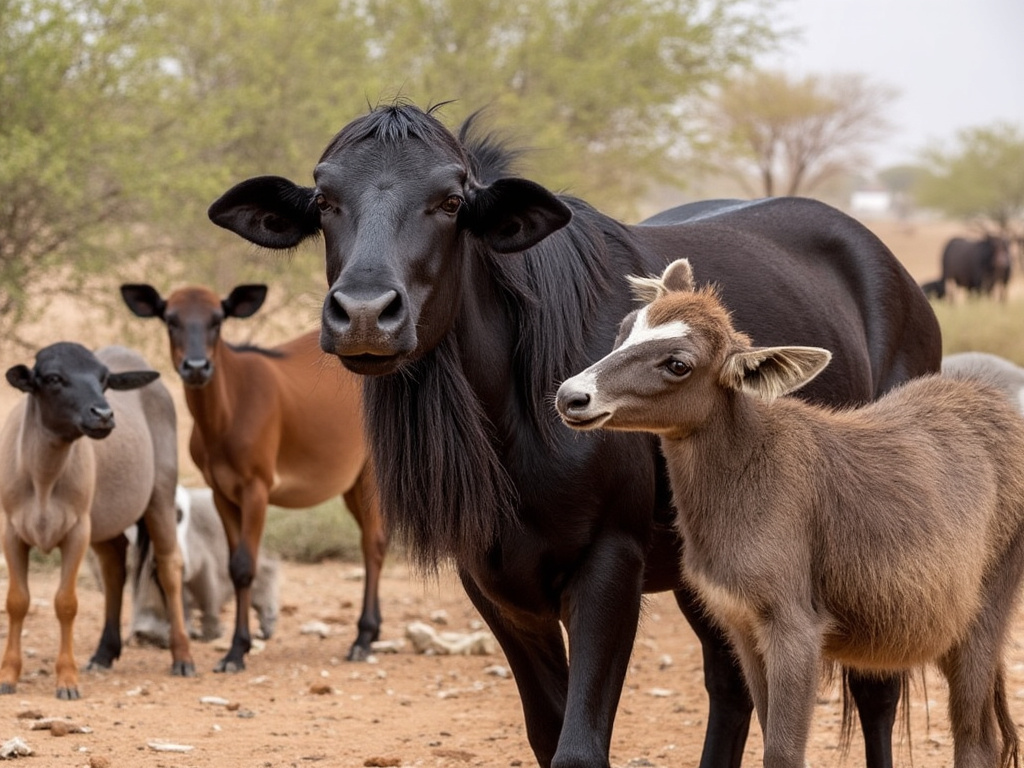In Islamic jurisprudence, zakat is a form of almsgiving treated as a religious obligation or tax, calculated as a fixed proportion of one's wealth, to be given to the poor or for other specified charitable causes. The eligibility of animal welfare organizations to receive zakat depends on the interpretation of the traditional categories to which zakat can be given. Here are some considerations:
1. **Traditional Recipients**: Zakat can only be distributed among eight categories of recipients as mentioned in the Quran (9:60):
- The poor (al-fuqarā’)
- The needy (al-masākīn)
- Those employed to collect the funds (al-āmilīn ʿalaihā)
- Those whose hearts have been reconciled (al-mu'allafatu qulūbuhum)
- To free the captives (fī r-rīqāb)
- Those in debt (al-ghārimīn)
- For the cause of Allah (fī sabīl Allāh)
- The wayfarer (ibn as-sabīl)
2. **Interpretation for Animal Welfare**:
- **For the cause of Allah (fī sabīl Allāh)**: This category is often interpreted broadly. Some modern scholars suggest that it could include activities that are generally beneficial to society or uphold the moral and ethical standards of Islam, like environmental conservation or animal welfare, especially when these efforts indirectly help humans (e.g., preventing diseases from animals to humans).
- **Fiqh Councils and Modern Interpretations**: Some contemporary Islamic scholars or fiqh councils might allow zakat funds for animal welfare under the broader interpretation of "for the cause of Allah" if it can be linked to human welfare or if preserving animal life is seen as part of the broader stewardship of the earth, which is an Islamic value.
However, there is no unanimous agreement:
- **Conservative View**: Many traditional scholars might argue that zakat should strictly be for human needs, as the direct recipients are humans, implying that animal welfare, while important, should be funded through other forms of charity like sadaqah (voluntary charity).
- **Progressive View**: Others might argue that given the interconnectedness of all life forms and the Islamic principle of stewardship over all creation, supporting animal welfare could be justified under zakat, especially if it's shown to benefit human welfare, like conservation efforts that preserve ecosystems humans depend on.
**Conclusion**:
- If you choose to give to animal welfare with zakat, it might be safer to consult with a knowledgeable scholar or follow a fatwa from a recognized Islamic authority or council that supports this view. Alternatively, consider using sadaqah for animal welfare to avoid any controversy or doubt regarding the permissibility of using zakat funds for this purpose.
Remember, the intention and the consensus within the community or under scholarly guidance play a significant role in these decisions.
